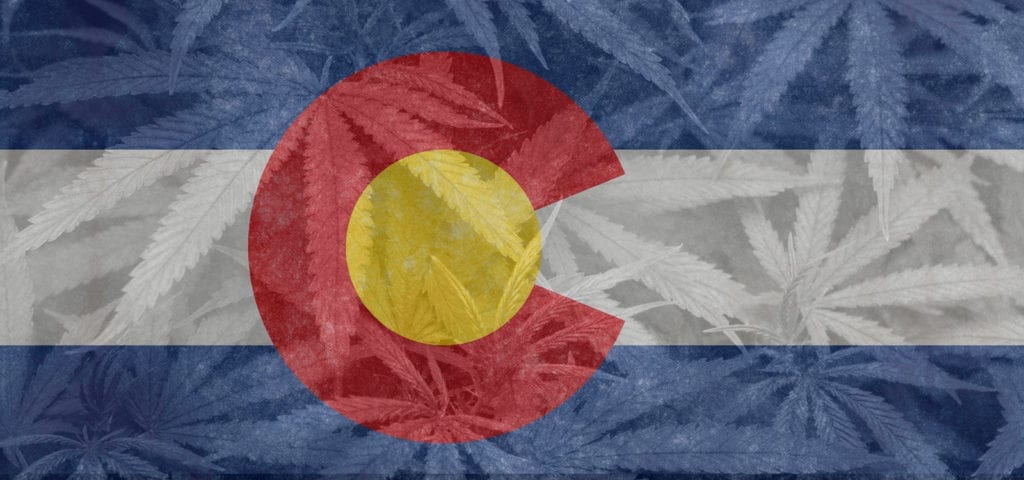Five years after the birth of Colorado’s legal cannabis marketplace, the first statewide legalization “experiment” is a proven success and the dire warnings from prohibitionists have still failed to come to fruition.
Colorado Has Earned Nearly $1 Billion In Cannabis Taxes

Full story continued below.
Advertisement
In 2012, voters in Colorado and Washington passed the states’ landmark adult-use cannabis legalization initiatives; Colorado’s marketplace launched first — to nationwide fanfare — on January 1, 2014.
As of October 2018, legal cannabis retailers had distributed nearly $6 billion worth of cannabis and the state collected $883,885,907 in cannabis tax revenues.
In Denver alone, cannabis taxes have created $12.8 million in education funding, The Denver Channel reports. This has led to eight different youth diversion programs, training programs in 15 different Denver public schools, and the “High Costs” youth education and prevention campaign that encourages educated decisions and accurate, peer-to-peer conversations.
Beyond the tax revenue, however, Colorado’s cannabis industry has also created a wealth of new jobs and employment opportunities, including ancillary marketplaces that are rich with innovation, technological advances, and entrepreneurship.
Colorado has also served as a proving ground for cannabis research and other states looking at legalizing or decriminalizing the plant. Lawmakers from New Jersey, Utah, and other states have visited the state as they consider their own cannabis legislation.
We have not, however, witnessed the doomsday-type scenarios that were touted by prohibitionists leading up to Colorado and Washington’s historic legalization votes.
Underage cannabis use is not rising and, in fact, some studies have shown that legalization actually helps reduce the rate of teenage use. Additionally, car accident deaths have not seen any significant increase in Colorado when compared to eight other states that have not legalized, according to a Global News report.
Moreover, marijuana arrests have obviously plummeted in Colorado, opening up valuable police time for investigating and preventing other, more serious crimes.
Since Colorado and Washington established their legal cannabis markets, eight other states, one U.S. territory, and Washington D.C. have opted to end cannabis prohibition, with many more states — particularly on the Eastern seaboard — set to legalize sometime in 2019.
Get daily news insights in your inbox. Subscribe
End